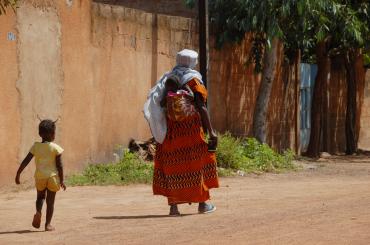

Adriana Lleras-Muney
Professor of Economics, Department of Economics, UCLA
Adriana Lleras-Muney is a Professor of Economics in the Department of Economics at UCLA. She received her Ph.D. in economics from Columbia University and was an assistant professor of economics at Princeton University before moving to UCLA. She is an associated editor for the Journal of Health Economics, and she serves on the board editors of the American Economic Review and Demography. She served as a permanent member of the Social Sciences and Population Studies Study Section at the National Institute of Health, and was an elected member of the American Economic Association Executive committee. In 2017 Lleras-Muney won the Presidential Early Career Awards for Scientists and Engineers (PECASE).
Lleras-Muney’s research examines the relationships between socioeconomic status and health, with a particular focus on education, income and policy. Her most recent work investigates the long-term impact of government policies on children by analyzing the effects of programs like the Mother’s Pension program and the Civilian Conservation Corps, implemented during the first half of the 20th century. Her work has been published in leading journals such as the American Economic Review, Econometrica, The Review of Economic Studies and the Quarterly Journal of Economics.
Recent work by Adriana Lleras-Muney
-

The lifetime benefits of the New Deal’s youth employment programme
The New Deal’s youth employment programme, the Civilian Conservation Corps (CCC), had significant long-run benefits, increasing the lifetime earnings and longevity of its participants, despite having few effects on short-term labour market outcomes.
Published 15.08.24
-

Free contraception had no impact on birth rates in Burkina Faso
Providing free access to all modern contraceptive products for three years in local public health centres in rural Burkina Faso had no detectable effect on birth rates, suggesting that fertility levels are in line with how many children families want...
Published 24.07.24